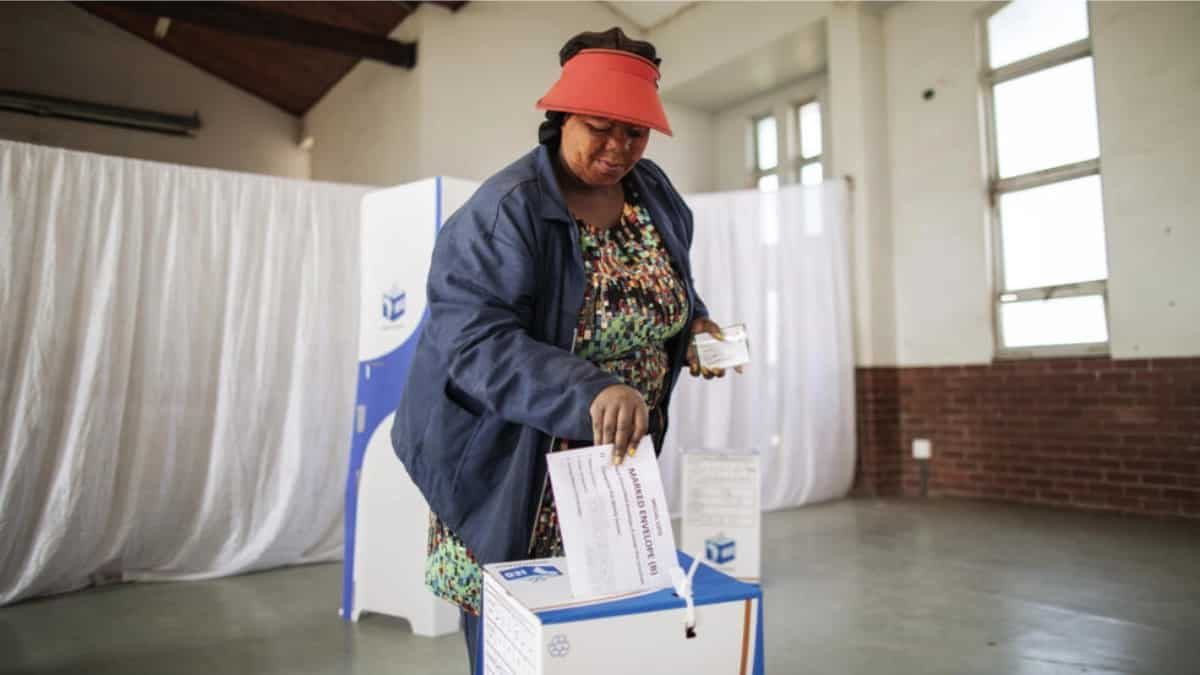Political Shift in South Africa
The South African rand fell 1% against the US dollar in early Johannesburg trade on Thursday, hitting its weakest point in four weeks. Partial results from South Africa’s national election indicated a significant political shift, with the African National Congress (ANC) potentially losing its parliamentary majority after 30 years.
Election Results Overview
- ANC’s share of the vote: 42.8%
- Democratic Alliance (DA): 25.6%
- Economic Freedom Fighters (EFF): 8.3%
Potential Coalition Government
If the final results confirm the early indications, the ANC may need to form a coalition with other parties to govern, leading to political volatility in the upcoming weeks or months.
Implications of the Election Results
The ANC is projected to secure around 42% of the vote, a significant decrease from previous elections. This outcome could potentially challenge Cyril Ramaphosa’s position as the country’s president.
Challenges Faced by the ANC
- High unemployment rates
- Rising crime levels
- Frequent power blackouts
- Corruption allegations
Impact of Former President Jacob Zuma
In KwaZulu-Natal, a new party led by Jacob Zuma, uMkhonto we Sizwe (MK), has gained significant support, posing a challenge to the ANC’s dominance in the region.
Electoral Process
The electoral commission has seven days to declare full results, with the new parliament expected to convene within 14 days to elect the nation’s president.
















































